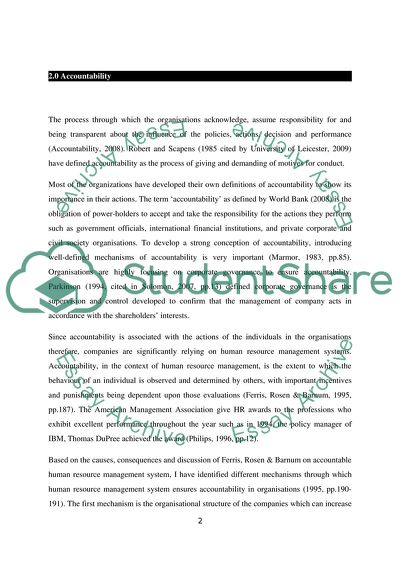Cite this document
(Is Accounting the Most Effective Means to Achieve Company's Term Paper - 1, n.d.)
Is Accounting the Most Effective Means to Achieve Company's Term Paper - 1. Retrieved from https://studentshare.org/finance-accounting/1747615-is-accounting-the-most-effective-means-of-achieving-accountability-in-organizations
Is Accounting the Most Effective Means to Achieve Company's Term Paper - 1. Retrieved from https://studentshare.org/finance-accounting/1747615-is-accounting-the-most-effective-means-of-achieving-accountability-in-organizations
(Is Accounting the Most Effective Means to Achieve Company'S Term Paper - 1)
Is Accounting the Most Effective Means to Achieve Company'S Term Paper - 1. https://studentshare.org/finance-accounting/1747615-is-accounting-the-most-effective-means-of-achieving-accountability-in-organizations.
Is Accounting the Most Effective Means to Achieve Company'S Term Paper - 1. https://studentshare.org/finance-accounting/1747615-is-accounting-the-most-effective-means-of-achieving-accountability-in-organizations.
“Is Accounting the Most Effective Means to Achieve Company'S Term Paper - 1”, n.d. https://studentshare.org/finance-accounting/1747615-is-accounting-the-most-effective-means-of-achieving-accountability-in-organizations.


